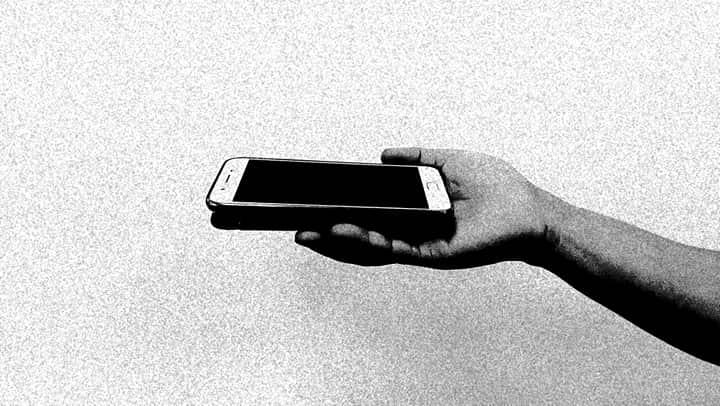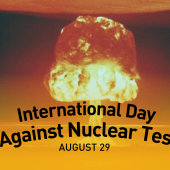A reflection on 'World Telecommunication and Information Society Day'

Fr. Peter Kyi Maung
If I would say that one SIM (Subscriber Identification Module) card can cost about US$1,500, you might be surprised, or might not believe me.
But it was true in Myanmar from 1995 until some time in 2005. A SIM card cost that much.
I was born in 1977 in a rural area in a poor country. I never thought then that the SIM was so expensive because I never even saw a mobile phone until I was 25 years old.
I thought then that mobile phones were only for the military and for rich people.
Later on, I came to know about the political reason behind the cost of the SIM card.
I started using a mobile phone at the age of 33. I paid about US$500 for the SIM card.
I need to communicate with others. I knew even then that communication and information are very important in our lives.
When I was in the seminary, the mother of one of my friends passed away. He received the news only after three months.
In this age of digital communication, sharing of information and knowledge has become very easy.
It has become integral in the development of human society. Without it, society, a country, will be left behind.
Miscommunication and disinformation, meanwhile, can result in problems. That is why we should be more aware of the proper way of communicating.
Today is special day for us communicators as we mark "World Telecommunication and Information Society Day.
It has been celebrated annually since May 17, 1969.
Let me share with you some of my thoughts for this day:
- Effective communication is crucial for all areas of life to maintain good relationships: between husband and wife; parents and children; old and young; teacher and students; doctor and patient; employer and employee; colleagues; and in every level of organization.
- Information is very important, that is why we identify five main characteristics that make information good: Timeliness, Accuracy, Completeness, Relevance, and Availability.
Timeliness: Information loses its value when it reaches the recipient at the wrong time. You must be able to find information exactly when you need it, otherwise it’s worthless. Aside from being there on time, information must be “up to date” to be usable.
Accuracy: Accurate information is information without mistakes and errors. It should also be clear and free from bias. Wrong and biased information can cause issues in a society or a company.
Completeness: For information to be complete for decision-making, it must contain answers to these main questions: What, Why, Where, When, Who and How. These are the same principle used by journalists when they craft news stories.
Relevance: We have different roles, different responsibilities. The information we get should be relevant to the respective roles we play in society.
Availability: Information must be easily accessible to be valuable.
Today, almost every part of the world is using modern communication tools to connect with everyone. Information dissemination is very fast because of technology.
On this day, let me take the opportunity to give thanks to those who invented communication tools. May the proper use of communication and information tools brings us a more peaceful and united world.
Radio Veritas Asia (RVA), a media platform of the Catholic Church, aims to share Christ. RVA started in 1969 as a continental Catholic radio station to serve Asian countries in their respective local language, thus earning the tag “the Voice of Asian Christianity.” Responding to the emerging context, RVA embraced media platforms to connect with the global Asian audience via its 21 language websites and various social media platforms.














